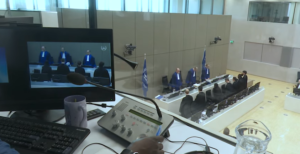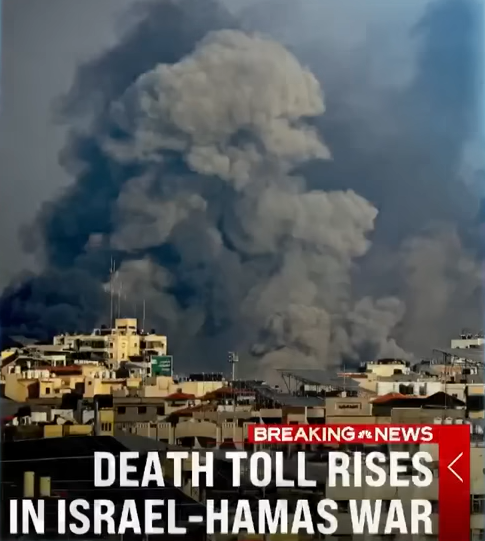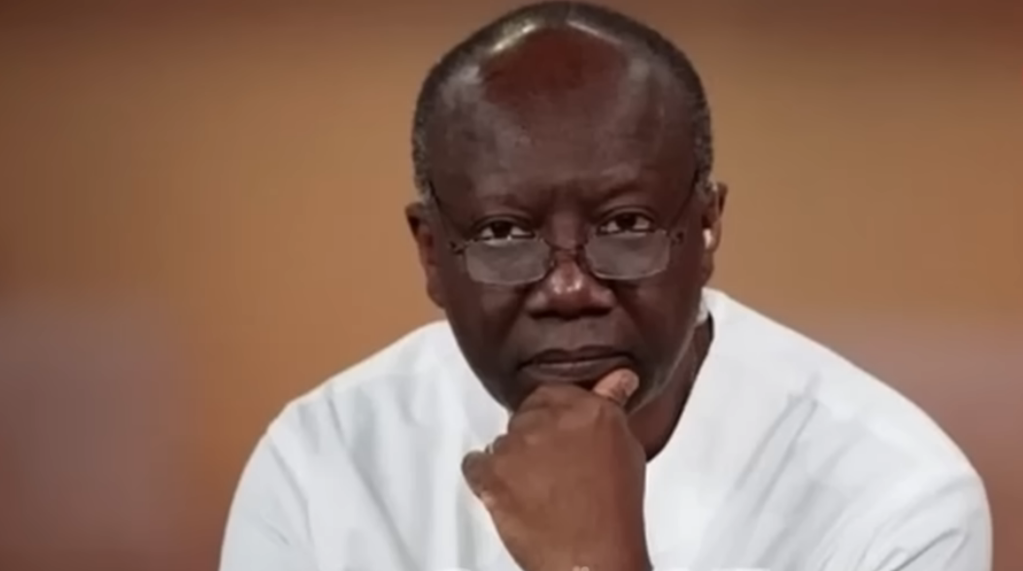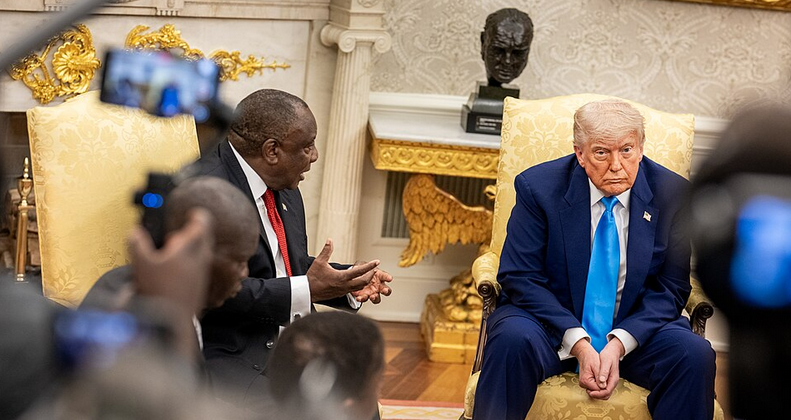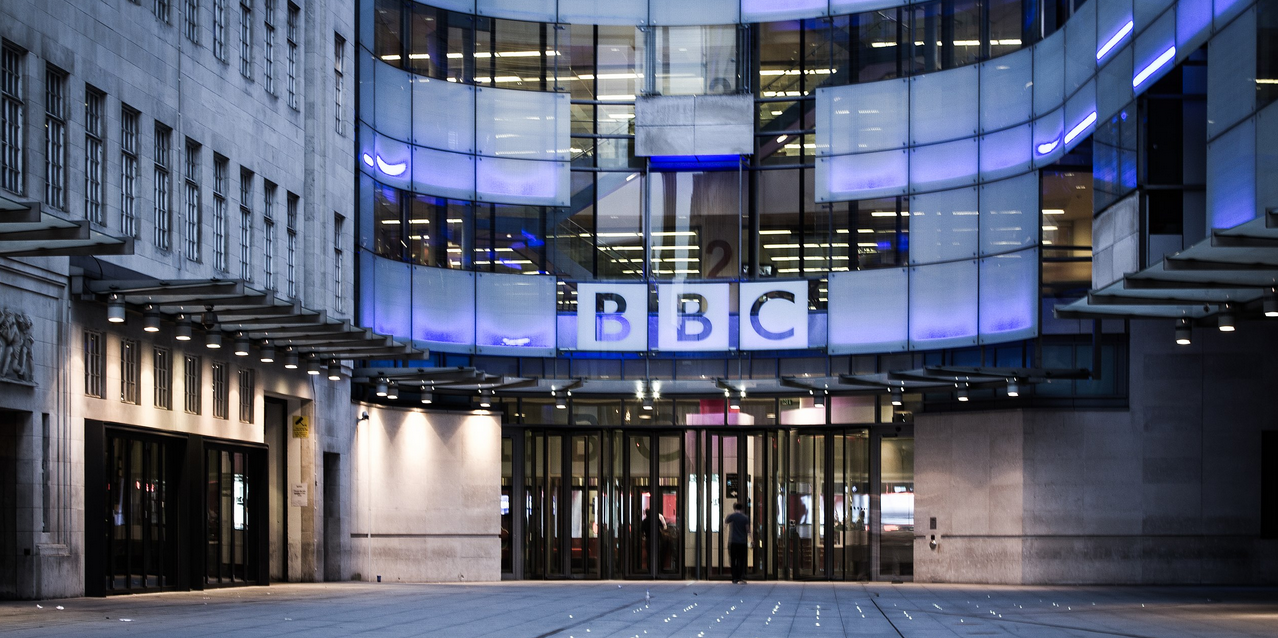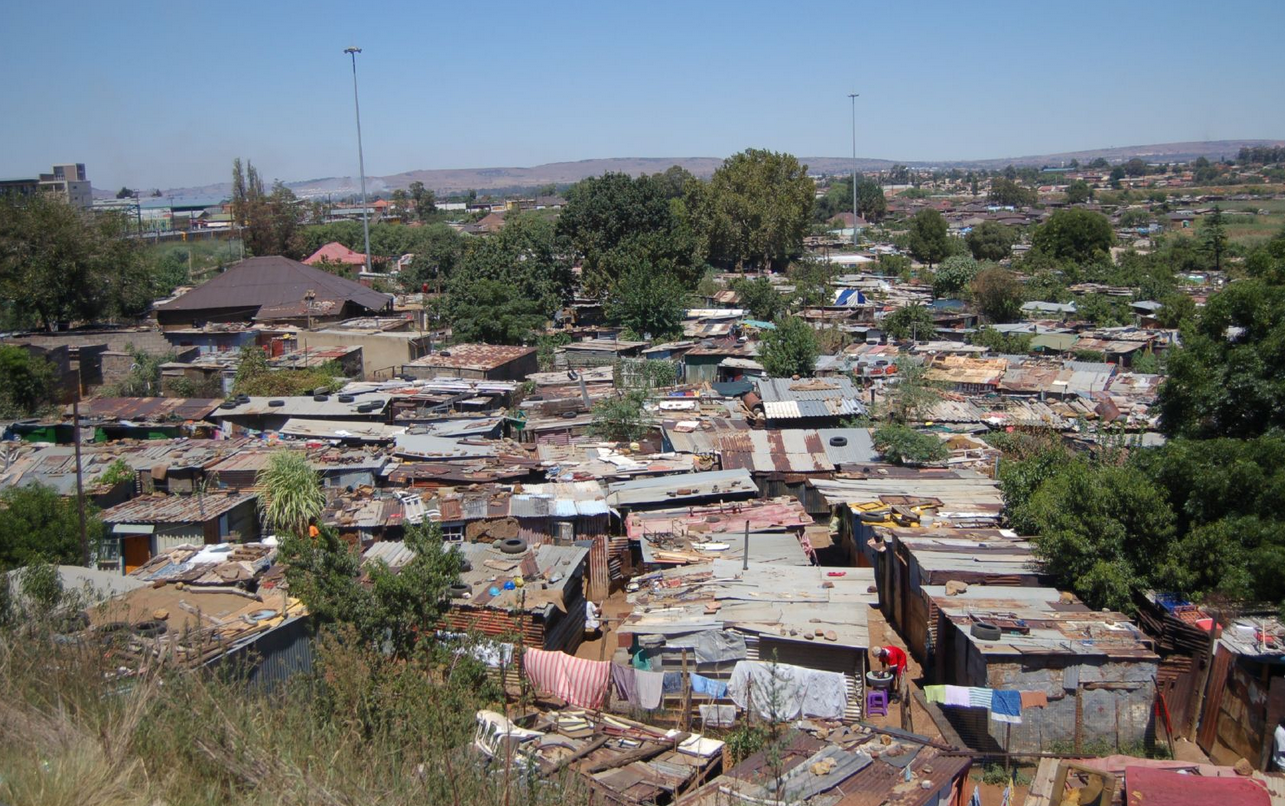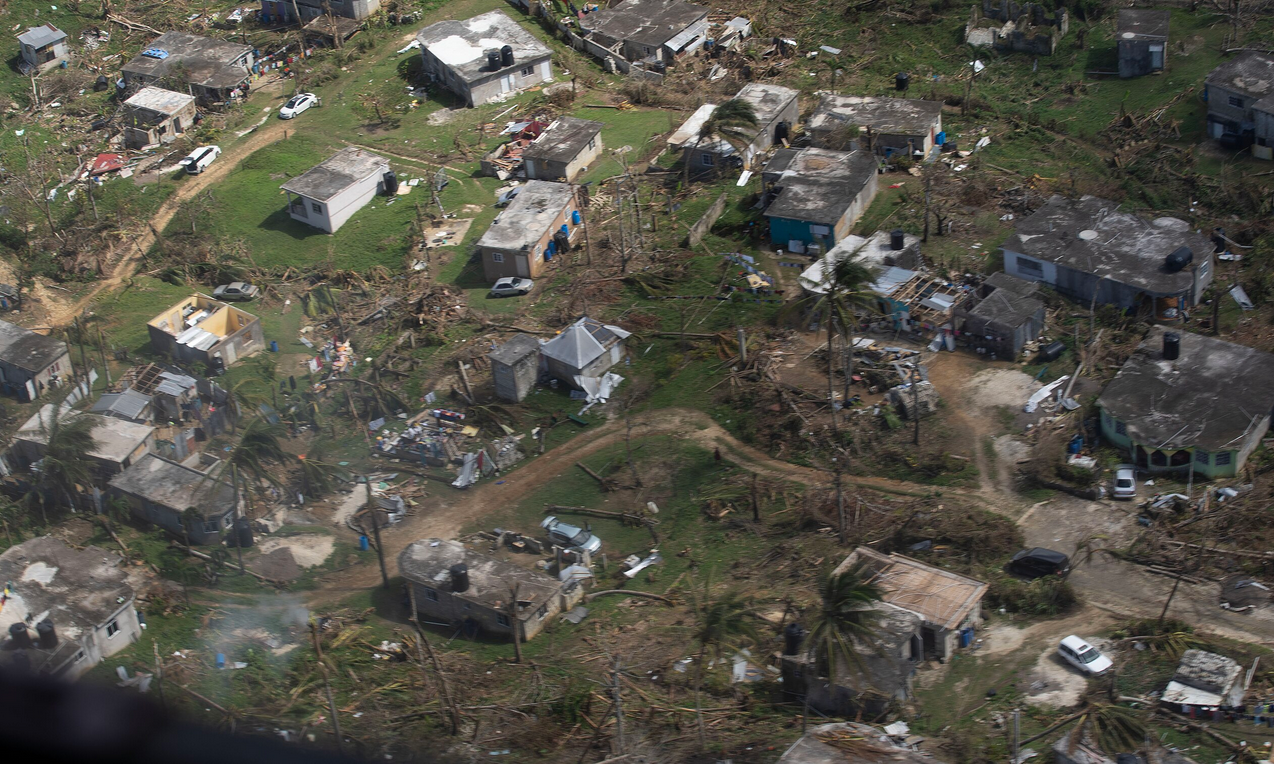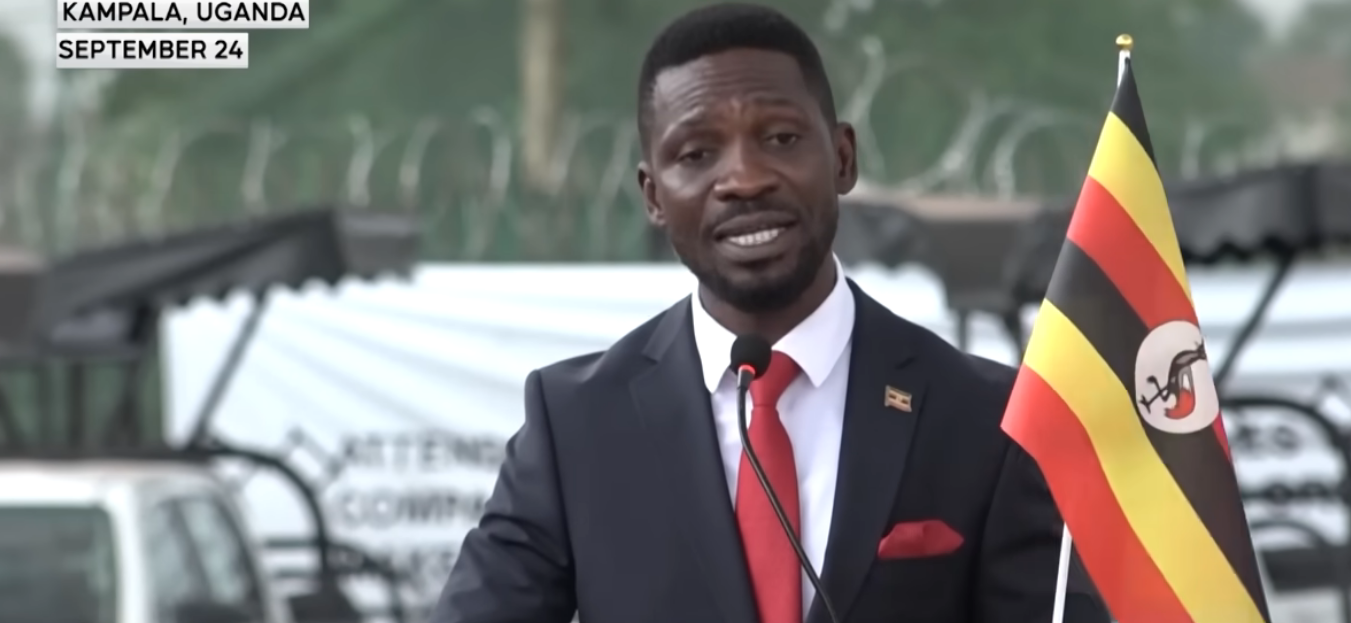Photos: YouTube Screenshots
Horrific crimes are being committed with devastating consequences for civilians in the escalating hostilities between Israel and Palestinian armed groups. Impunity for past abuses has clearly contributed to today’s violations, which show no signs of abating. Despite this, governments have largely been silent about the critical role of the International Criminal Court (ICC), the one international entity already tasked with delivering impartial justice.
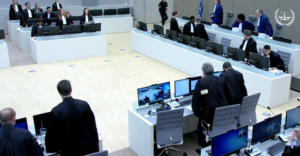
Not all countries are members of the ICC and crises marked by grave abuses are often beyond its remit. But while Israel is not a member, the State of Palestine is. The ICC prosecutor’s office has been investigating alleged serious crimes there since 2021.
On October 10, the United Nations Independent International Commission of Inquiry on the Occupied Palestinian Territory noted there was “clear evidence” of war crimes in Israel and Gaza and that it would be sharing information with relevant judicial authorities, especially the ICC.
Despite this, Human Rights Watch is aware of only three ICC member countries—Liechtenstein, Switzerland, and South Africa—that have made clear statements referring to the ICC and the current hostilities. Ireland’s foreign minister referenced the role of the court in media comments. For others, it appears the ICC may be the judicial elephant in the room.
All ICC members should urgently voice their support for the court’s role.
The response to date stands in stark contrast to other crises, including Ukraine, a non-ICC member country. After the full-scale Russian invasion in February 2022, the ICC prosecutor spoke out about the court’s critical role, and an unprecedented number of mostly European ICC member countries asked him to open a Ukraine investigation. Even the United States, another non-ICC member, has expressed strong support for the ICC’s role in Ukraine.
The ICC prosecutor has not proactively issued a public statement reminding Israel and Palestinian armed groups of their obligations under international law and of the court’s mandate to investigate their actions. The court’s voice is urgently needed to help prevent further mass atrocities.
Double standards in victims’ access to accountability are unacceptable.
On October 26, following a US veto of a UN Security Council resolution, the UN General Assembly will convene an emergency special session to consider the current hostilities. Will countries use that moment to raise their voices in favor of justice?
